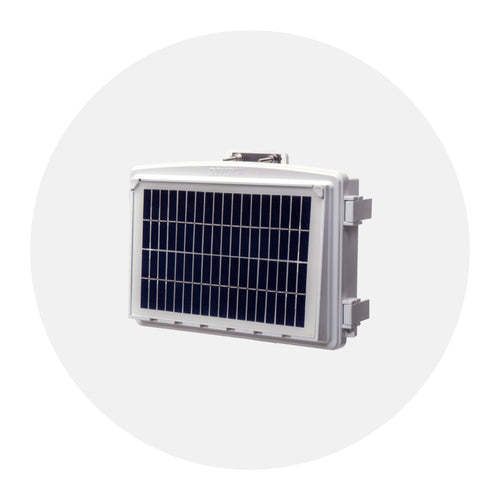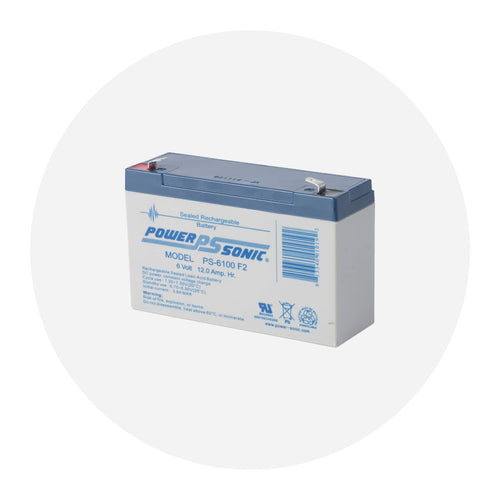Hull scum, also known as hull fouling or boat scum, refers to the accumulation of marine organisms, algae, slime, and other debris on the hull of a boat or watercraft. It is a common issue that occurs when boats are left in the water for extended periods without regular cleaning or maintenance.
The presence of hull scum can cause several problems:
Increased Drag: The accumulation of marine growth on the hull creates additional resistance in the water, leading to increased drag. This results in reduced speed and decreased fuel efficiency, as more power is required to propel the boat through the water.
Reduced Maneuverability: Hull scum can affect the boat's maneuverability by impacting its hydrodynamic performance. It can make steering and handling more difficult, affecting the boat's responsiveness and agility.
Corrosion and Damage: Some marine organisms, such as barnacles, can attach themselves firmly to the hull surface and penetrate the protective coatings. This can lead to corrosion, pitting, and damage to the boat's hull, particularly if left untreated for an extended period.
Increased Maintenance: Regular hull cleaning is necessary to prevent excessive scum buildup. If left unchecked, the accumulation can become more challenging to remove and require more intensive cleaning methods or professional services, adding to the boat's maintenance requirements and costs.
How can I prevent hull scum buildup?
Regular Cleaning: Regularly clean the boat's hull to remove any scum or marine growth. Scrubbing the hull using a suitable boat hull cleaner (like FSR), brush (like the brush included in the Scrubbis Underwater Hull Cleaner), or scrub pad can help keep the surface clean and free from buildup.
Antifouling Coatings: Apply antifouling coatings or paints to the hull. These specialized coatings contain biocides that deter the growth of marine organisms and reduce the adhesion of fouling organisms to the hull surface.
Lift or Dry Storage: If possible, lift the boat out of the water or store it on a dry surface when not in use. This reduces the exposure to water and minimizes the growth of marine organisms on the hull.
Regular Inspections: Regularly inspect the hull for any signs of scum or fouling. Early detection allows for timely cleaning and maintenance, preventing further accumulation and potential damage.
By implementing proper maintenance practices and keeping the hull clean, boaters can reduce the negative effects of hull scum, maintain optimal boat performance, and prolong the life of their watercraft.






















